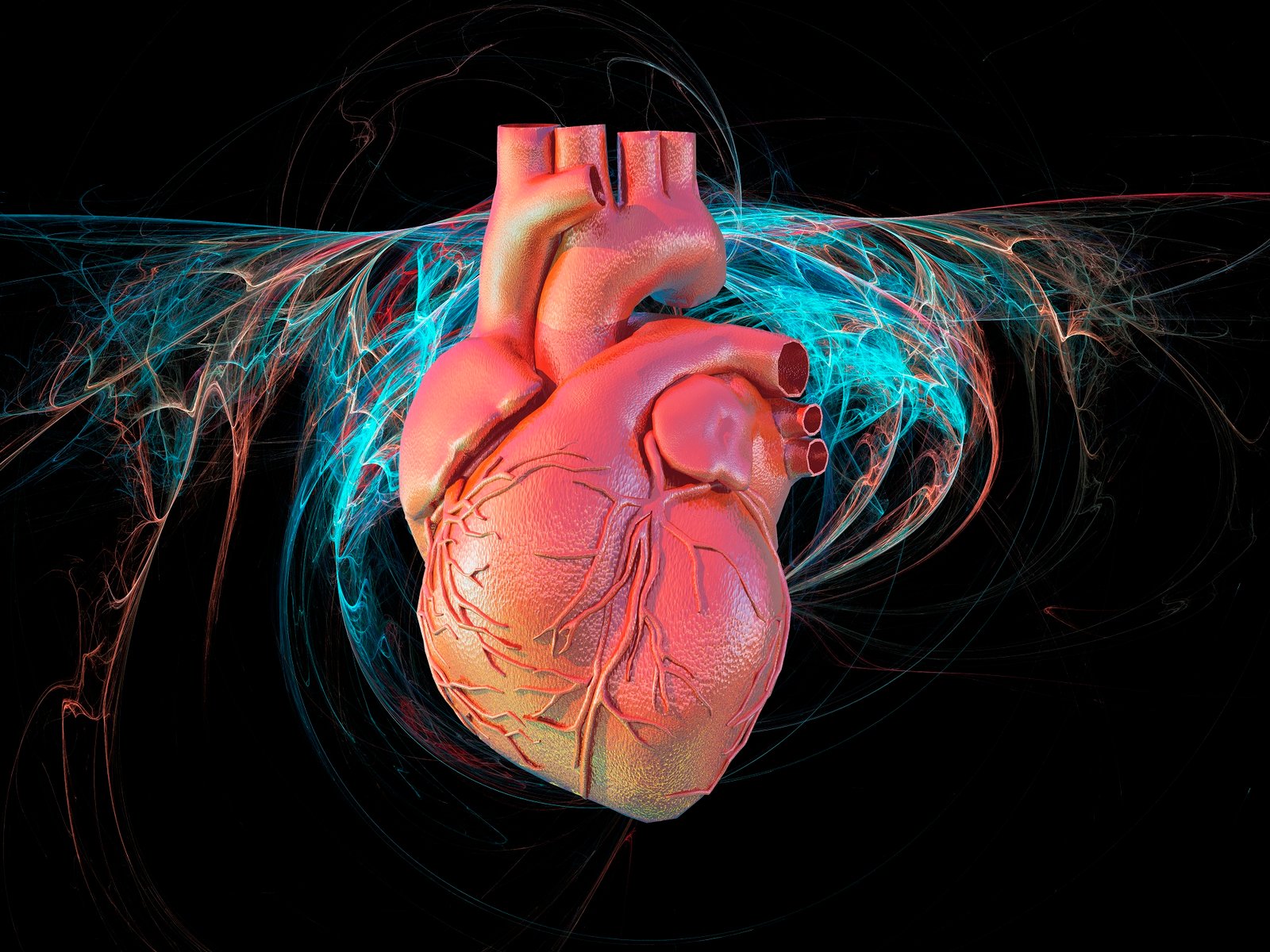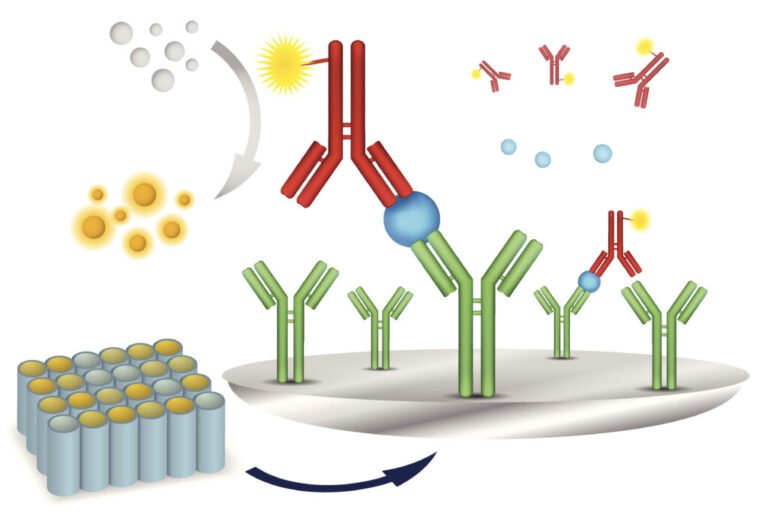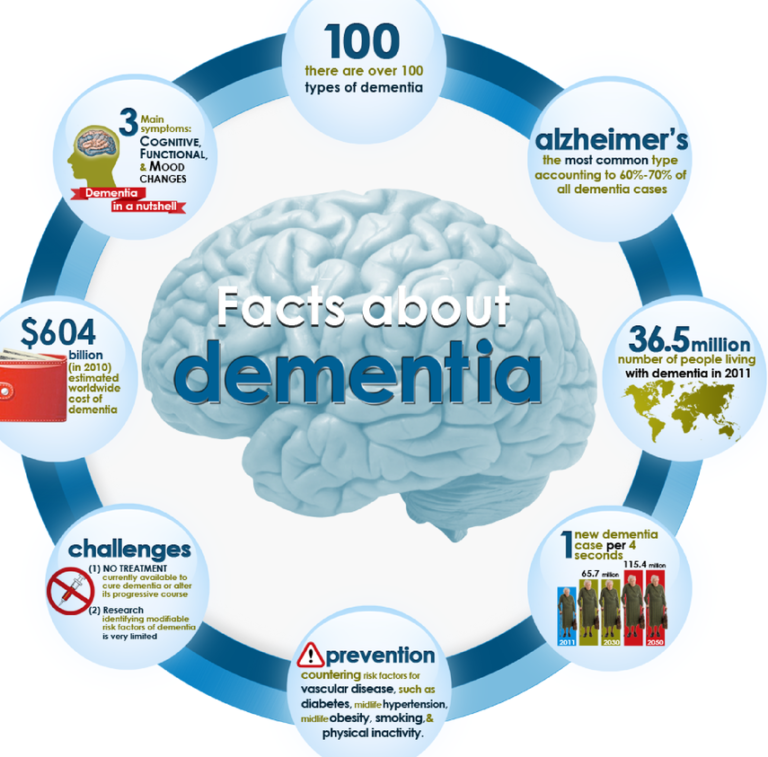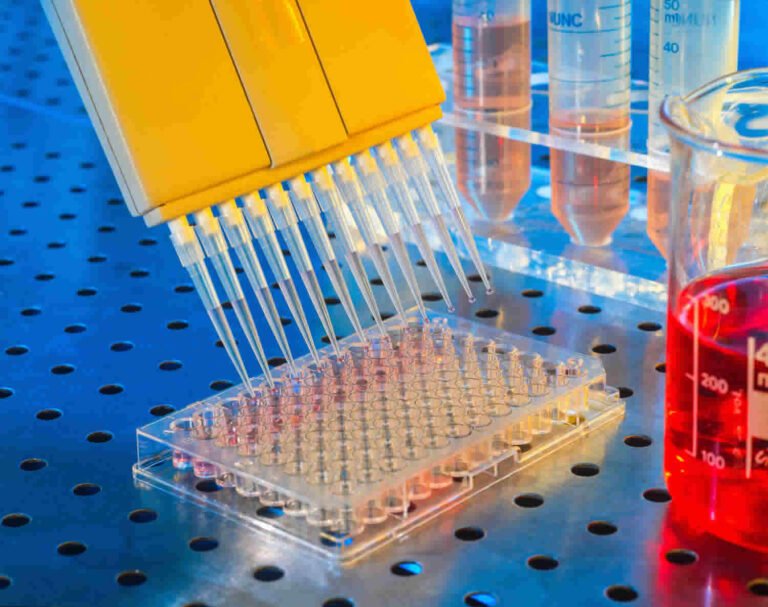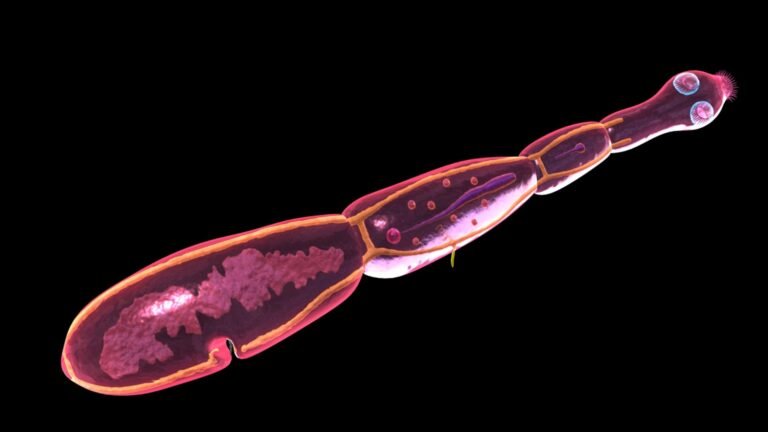Understanding Cardiovascular Diseases and the Importance of Detection Markers
Cardiovascular diseases (CVDs) are a leading cause of mortality worldwide, accounting for approximately 17.9 million deaths annually, according to the World Health Organization. These diseases encompass a wide range of conditions affecting the heart and blood vessels, including coronary artery disease, heart failure, arrhythmias, and stroke. Early detection and accurate diagnosis are crucial for effective management and treatment, and biomarkers are pivotal in achieving this goal.
What are Cardiovascular Disease Biomarkers?
Biomarkers are measurable biological indicators that reflect physiological or pathological processes, or responses to therapeutic interventions. In the context of cardiovascular diseases, biomarkers are substances released into the blood that can provide critical information about heart health. These markers are essential for detecting disease presence, gauging its severity, and monitoring the efficacy of treatments.
Key Cardiovascular Biomarkers and Their Roles
- Troponins (cTnI and cTnT): Troponins are the gold standard biomarkers for diagnosing myocardial infarction (heart attack). Their presence in the blood signifies heart muscle damage and helps clinicians assess the extent of injury.
- C-Reactive Protein (CRP): CRP is an inflammatory marker. Elevated levels indicate systemic inflammation, which is a significant risk factor for atherosclerosis and coronary artery disease.
- B-type Natriuretic Peptide (BNP) and N-terminal proBNP (NT-proBNP): These peptides are released in response to heart wall stress and are critical for diagnosing heart failure. They also help in monitoring disease progression and treatment effectiveness.
- Lipoproteins (LDL and HDL): Low-density lipoprotein (LDL, or “bad cholesterol”) and high-density lipoprotein (HDL, or “good cholesterol”) levels are crucial indicators of cardiovascular risk. High LDL and low HDL levels are associated with an increased risk of atherosclerosis and heart disease.
- Homocysteine: Elevated homocysteine levels can damage blood vessels and promote clot formation, making it a significant marker for cardiovascular risk.
- D-dimer: This marker indicates blood clot degradation. Elevated D-dimer levels are used to assess thrombotic events, such as deep vein thrombosis or pulmonary embolism, which are closely linked to cardiovascular complications.
Why Are Detection Markers Important?
- Early Detection: Biomarkers can identify cardiovascular diseases in their nascent stages, often before symptoms become apparent. For example, elevated troponin levels can indicate a silent myocardial infarction.
- Risk Stratification: Biomarkers help classify patients based on their risk of developing cardiovascular events, enabling personalized treatment plans. For instance, elevated CRP levels can signal a higher risk of future cardiovascular events in seemingly healthy individuals.
- Guiding Treatment Decisions: By measuring biomarkers, clinicians can decide on the most effective treatment strategies. BNP levels, for instance, guide the management of heart failure by indicating the severity of the condition.
- Monitoring Treatment Efficacy: Regular monitoring of biomarkers can assess how well a treatment plan is working, allowing adjustments as needed. For example, decreasing LDL levels after statin therapy suggests the treatment is effective in reducing cardiovascular risk.
- Prognosis: Biomarkers provide insights into the likely course of the disease. Persistently high levels of certain markers, like NT-proBNP, may indicate a poorer prognosis in heart failure patients.
The Future of Cardiovascular Biomarkers
Advances in technology and research are expanding the landscape of cardiovascular biomarkers. High-sensitivity assays for troponins, multi-marker panels, and genetic biomarkers are paving the way for more precise and personalized cardiovascular care. Integration of biomarkers with imaging technologies and artificial intelligence is also enhancing diagnostic accuracy and patient outcomes.
Conclusion
Cardiovascular biomarkers are indispensable tools in modern medicine, enabling early detection, precise diagnosis, and effective management of heart diseases. As research continues to unveil new markers and improve existing ones, the potential for transforming cardiovascular care grows exponentially. By leveraging these advancements, healthcare providers can save lives and improve the quality of life for millions of patients worldwide.

